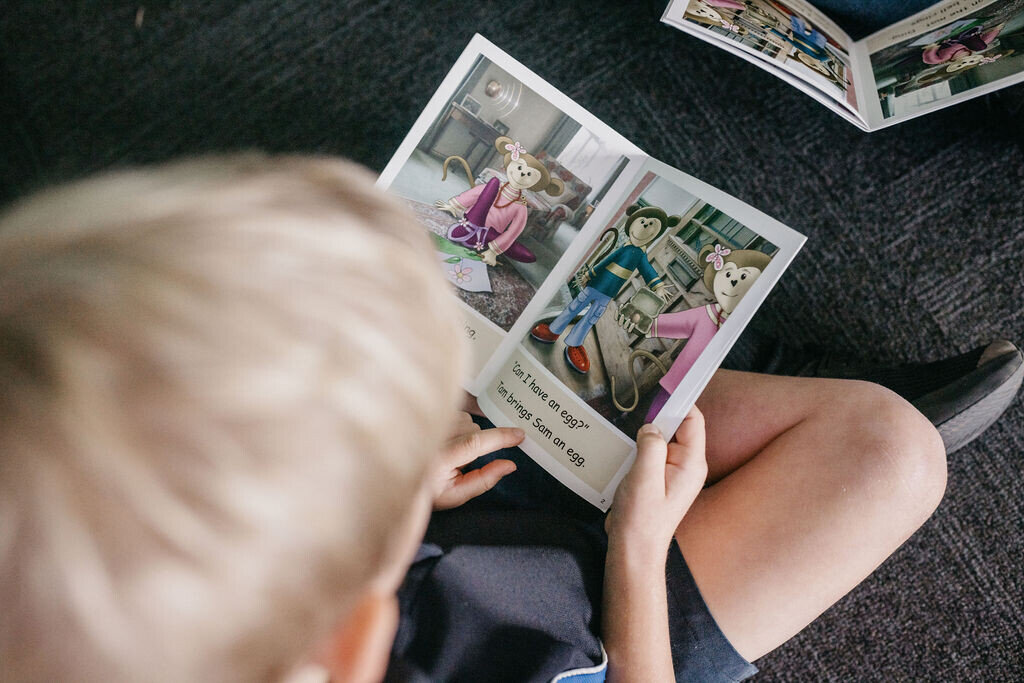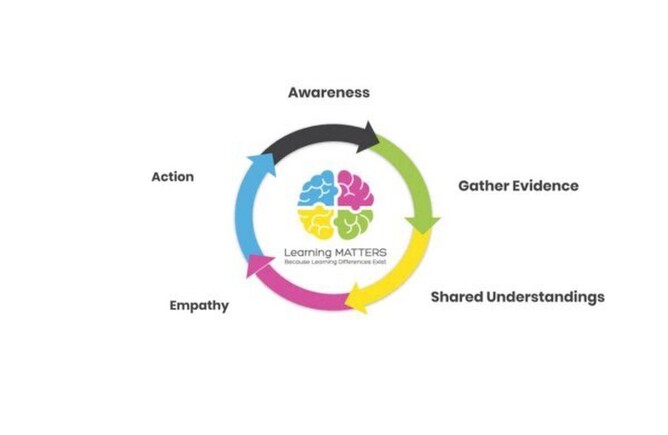“I didn’t know my child was finding learning that difficult. How could I not have noticed? My goodness have I failed them? I should have seen this coming.”
Have you voiced this statement or one very similar in the past few weeks?
Maybe you have recently sat with your child and listened to them read (or work so very hard to read). Or perhaps you have sat beside them as they have struggled their way through a writing task?
It would appear that during this lockdown period, parents and teachers alike have become more acutely aware of their child’s and or student’s ability in terms of their decoding (reading words) and spelling skills. For some, this may have come as a shock as they have watched their child struggle with their spelling and reading attempts. Many have reached out to us and asked, “have I let my child/students down?”
The answer to this is most definitely not. Just like no teacher sets out to not notice a child’s struggles nor does any parent. Parents have asked, “does it matter if my child can’t spell and read to a level that sounds like they are talking”?
The short answer is “YES” it absolutely matters.
The challenge from here though is what do we do about this? So many questions have risen to the surface. “Does my child require specialist learning support or an assessment? Is this necessary, and how would I know? Is my child dyslexic?” Many parents appear to be asking these questions and experiencing the associated feelings of overwhelm and guilt.
Let’s just pause for a moment and take heed of the diagram or process chart below.
Many of us are in the awareness phase. However, all too often as devoted parents, we jump from awareness to action without building a true picture of what is going on. Apologies for the generalisation but honestly, we see this a lot and I too was guilty of this many years ago.
I cannot encourage you enough to sit at the place of gathering evidence. Acceptance and empathy are hard to come by when we don’t have the full picture of what and why.
National and International experts agree most definitely on one thing, early intervention is crucial! If you suspect your child may need help, your first port of call is his or her classroom teacher. However, many teachers will agree that due to the fact they do not receive training or professional learning in areas of learning differences they are unable to specifically identify the underlying causes and in turn remediate these effectively.
I encourage you to take the time to listen to the chit chat I had recently with highly regarded Australian speech-language pathologist Alison Clarke. Alison outlined what is important in literacy learning as well as top tips and recommendations for parents and teachers of struggling readers and spellers.
Listen to Carla chit chat with Alison Clarke about all things evidenced based structured literacy.
Maybe you want to know where to start, who to turn to, and the steps to take if you suspect that your child does present with literacy learning differences. Keep an eye on our Events page of our website for our next HELP! Is it Dyslexia? webinar.
HELP! Is it Dyslexia?
Let’s not jump from Awareness to Action, this is when we are more inclined to make a misinformed decision. Be comfortable to sit at the place of gathering evidence for a little while. Understand what is going on for your child and or student and assist them in strategic evidence-based ways to be a successful learner.
Reach out to us to discuss your concerns with one of our amazing team. We are here to walk alongside you. Not only do we have extensive knowledge and expertise in this area, but many of us have also travelled this path personally with our own children.
Let’s not ‘should’ on ourselves, let’s understand what can be done to make the very best and biggest difference for our child and or students.
When we know better we do better.
We can do better. We just need to know how.








